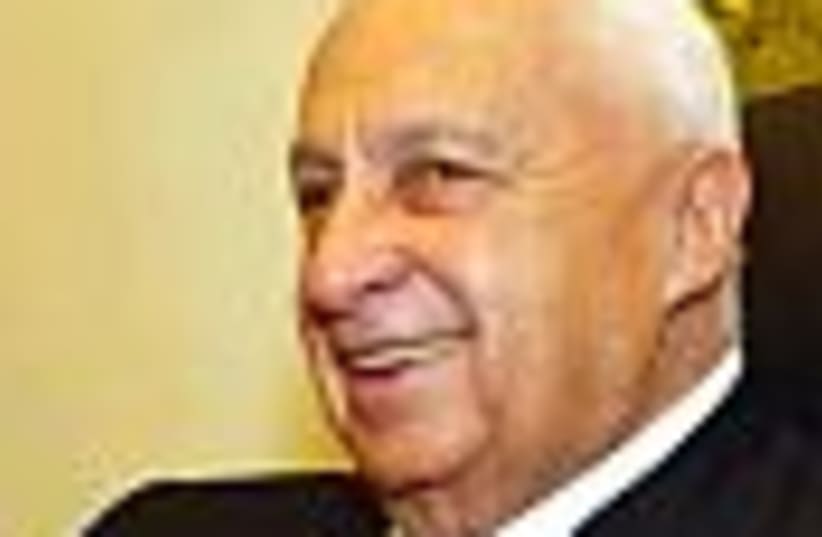| More about: | Kadima, Shimon Peres, Ariel Sharon, Tzachi Hanegbi |
PM's stroke will recalibrate Kadima's message
Without Sharon, there is no cement keeping Shimon Peres and Shaul Mofaz in the same party.


| More about: | Kadima, Shimon Peres, Ariel Sharon, Tzachi Hanegbi |